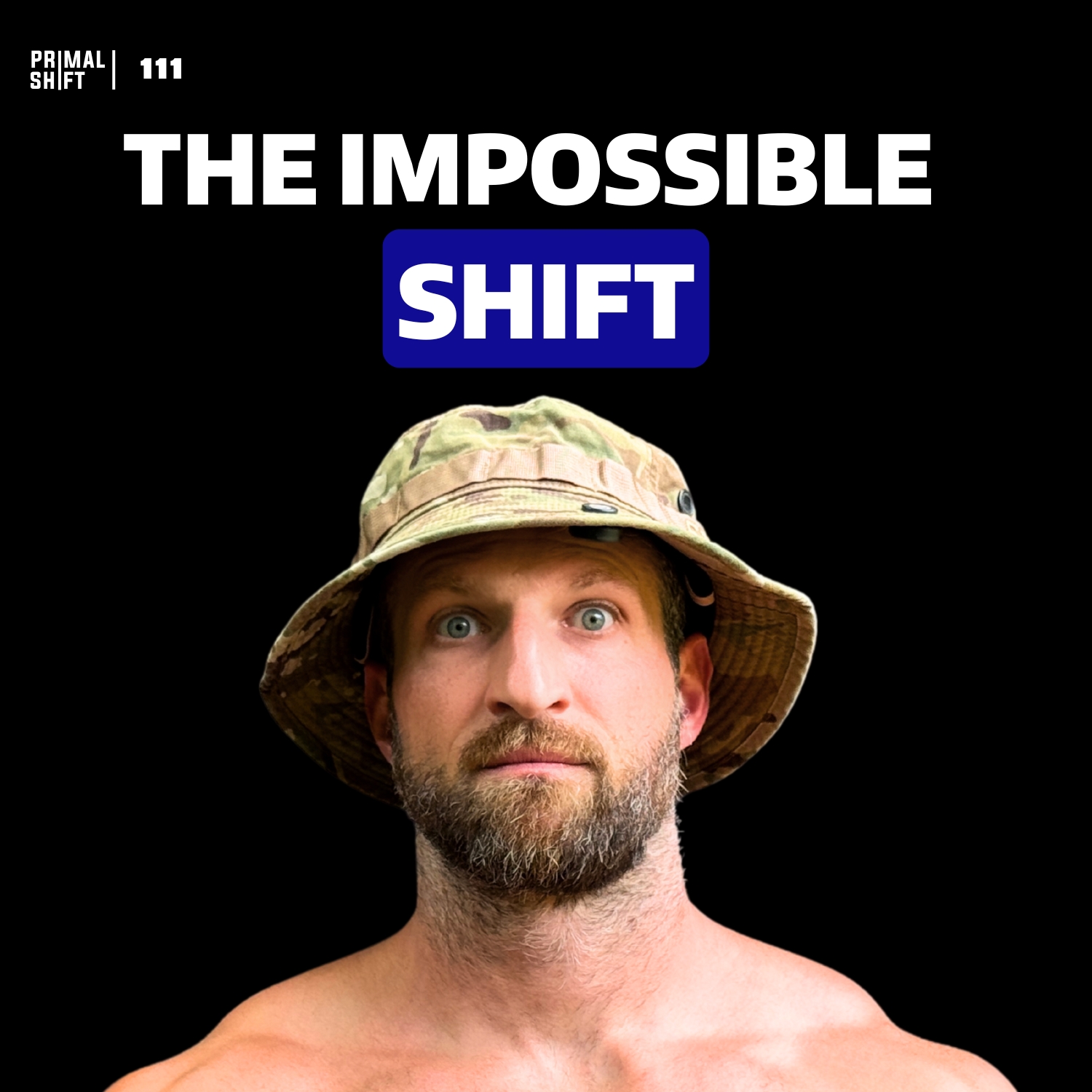Podcast Episode Details
Back to Podcast Episodes
111: A Future Where We Can Eat At McDonald's
Season 2 Episode 111
A few weeks ago, I found myself driving home late after a long day of hauling gear to our new property — hungry, tired, and joking with Kathy that if we were a "normal" family, we'd just pull into a McDonald's drive-thru. Of course, we didn't, but that comment stuck with me. Could there be a future where eating at McDonald's wouldn't feel like poisoning your body? It sounds absurd, but after hearing that McDonald's plans to invest $200 million into regenerative agriculture, I'm not so sure anymore.
That idea — the possibility of fast-food giants shifting toward something genuinely sustainable — gives me a sliver of hope. Because most days, it's hard not to feel discouraged. We've learned that frogs in local waterways are showing calcification from chemical exposure, that ibuprofen and microplastics are showing up in tap water, and that airborne microplastics now drift over the Alps. Even the air on mountaintops isn't clean anymore. When you start connecting those dots, it's easy to think we're too far gone.
But then you see small signs of progress: restaurants switching from seed oils to tallow, or major brands talking seriously about soil health, and you realize the tide might actually be turning.
Europe tends to rely on top-down regulation to drive change, but here in the U.S., progress starts with individual choices. Businesses respond to demand. Every dollar we spend is a vote for the kind of food system we want. If enough people ask for better meat, for tallow-fried food, for products made without synthetic inputs, the market will adjust. That's already happening in small pockets, and it's proof that change doesn't have to come from policy — it can come from us.
We didn't end up at McDonald's that night; we stopped at a barbecue joint that fries in tallow instead of seed oils. It wasn't perfect food, but it was progress (and worth supporting).
I'd love to hear your take: do you feel hopeful that we're moving in the right direction, or mostly frustrated by how far we have to go? Send me an email or drop a comment where you're listening. Let's keep pushing this conversation forward. Learn more: 8 Key Primal Shifts for Ancestral Living: https://www.primalshiftpodcast.com/8-key-primal-shifts-for-ancestral-living/ 101: Hidden Toxins at Home: What You're Doing Wrong: https://www.primalshiftpodcast.com/101-hidden-toxins-at-home-what-youre-doing-wrong/
Thank you to this episode's sponsor, Peluva!
Peluva makes minimalist shoes to support optimal foot, back and joint health. I started wearing Peluvas several months ago, and I haven't worn regular shoes since. I encourage you to consider trading your sneakers or training shoes for a pair of Peluvas, and then watch the health of your feet and lower back improve while reducing your risk of injury.
To learn more about why I love Peluva barefoot shoes, check out my in-depth review: https://michaelkummer.com/health/peluva-review/
And use code MICHAEL to get 10% off your first pair: https://michaelkummer.com/go/peluva
In this episode: 00:00 Imagining a future with McDonald's
04:10 The McDonald's regenerative farming initiative
05:24 Environmental concerns and discoveries
07:54 Positive changes in the food industry
10:43 The power of consumer choices
11:25 Final thoughts
Find me on social media for more health and wellness content:
-
Published on 4 weeks ago